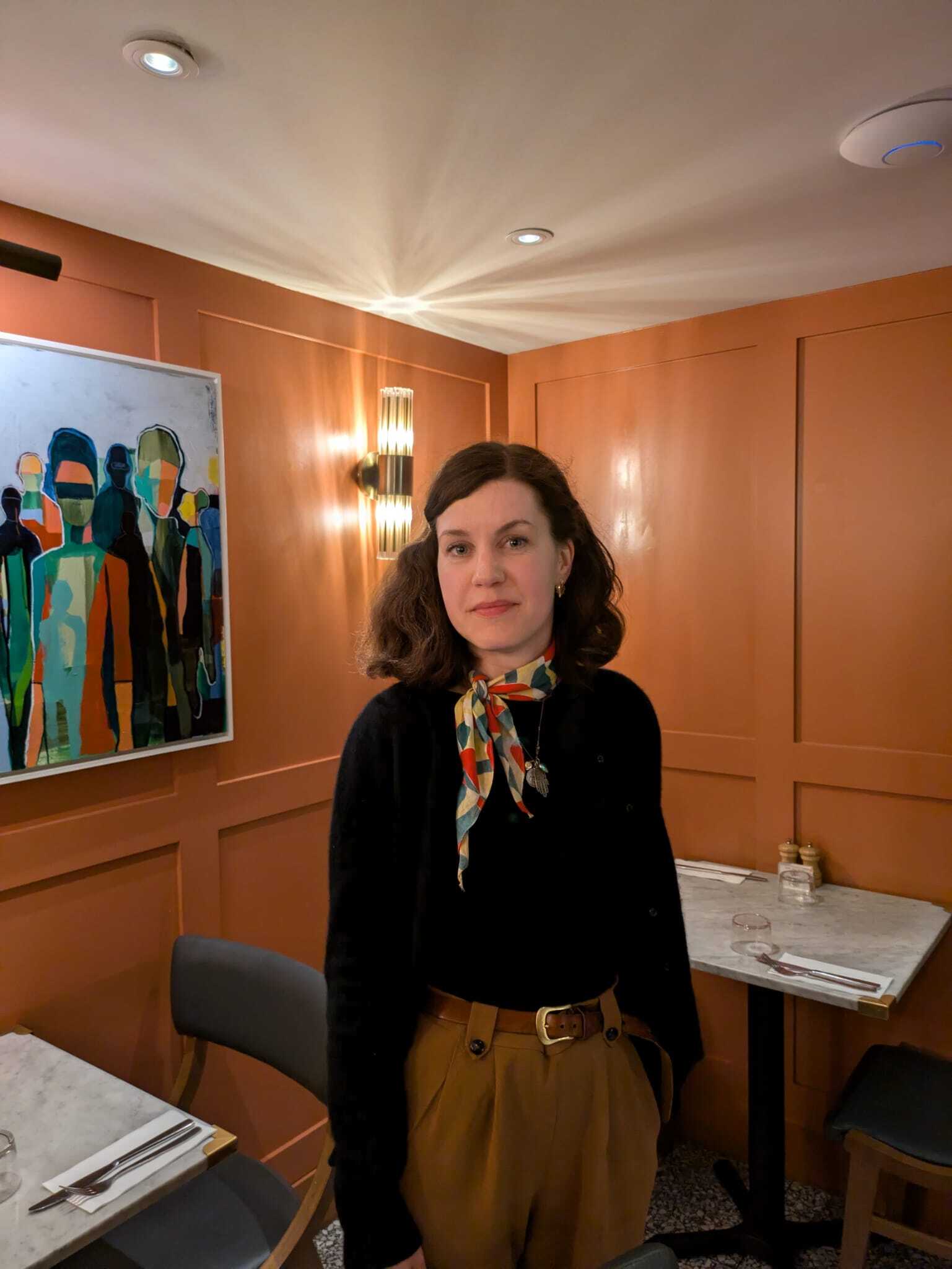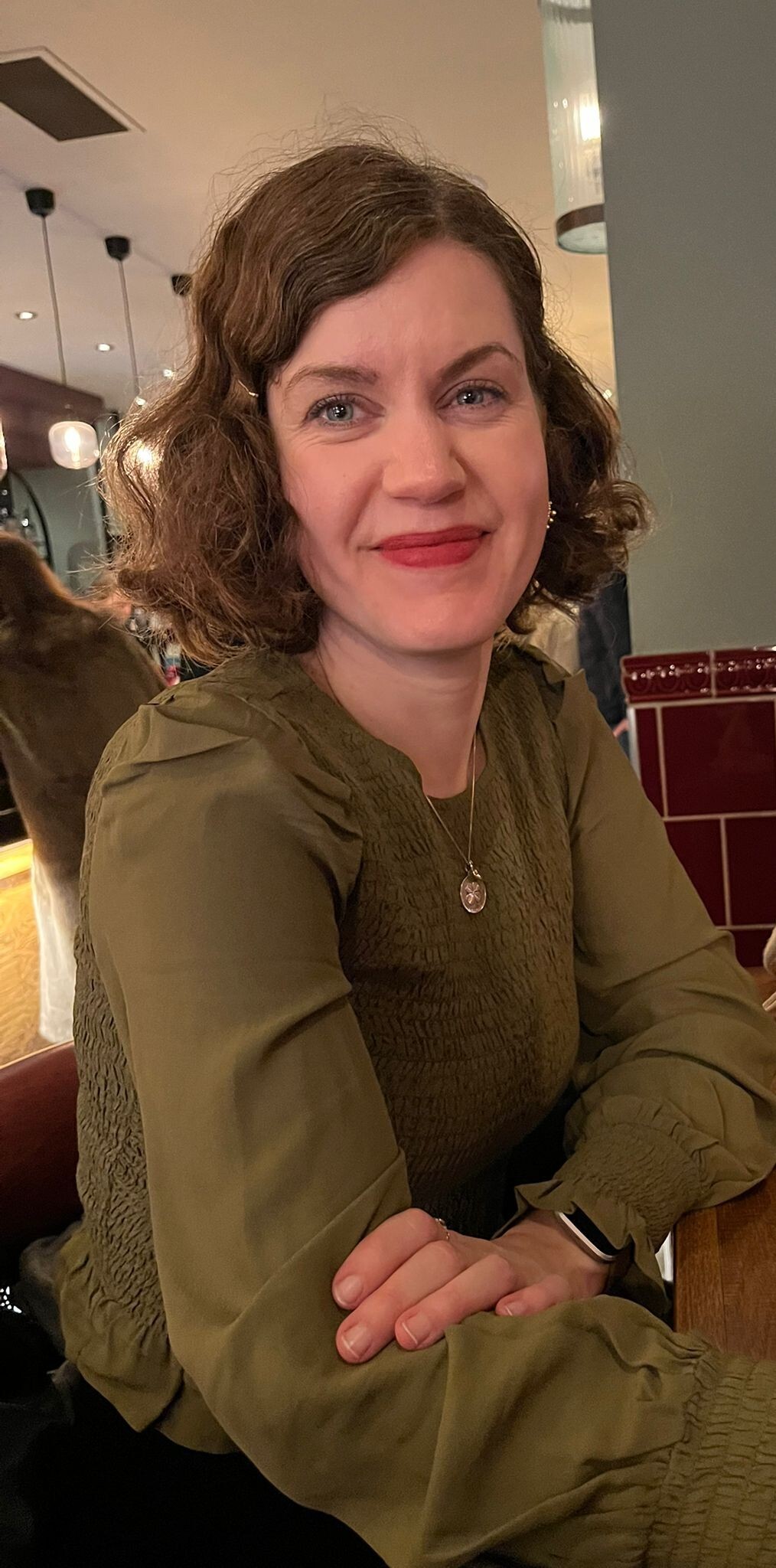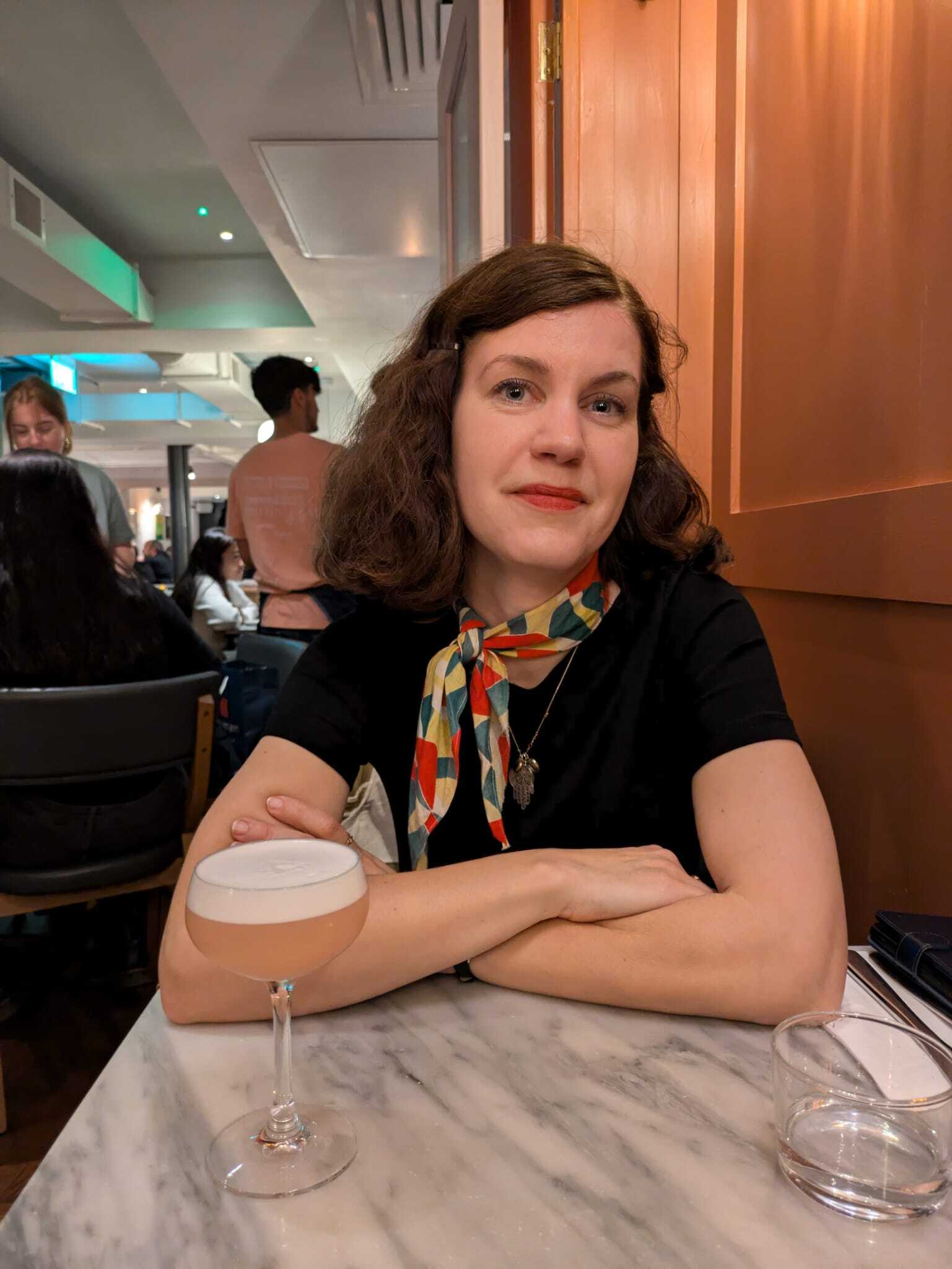From Shakespeare to spreadsheets: My journey to financial controller
About this post
Urban’s financial controller, Rebecka Mustajarvi, shares her unconventional career journey - revealing how she transformed her love of words into a successful career in numbers.
Posted by
Louisa from UrbanTags
- Behind the scenes
- City life
- People
Share
Meet Rebecka: a former English Literature graduate who’s now the financial controller at Urban. From studying Shakespeare to balancing the books, she’s transformed her love of words into a career in numbers.
In this interview, Rebecka shares her unconventional career journey, the surprising skills from her English degree that have helped her excel in finance and why some of the most rewarding work comes from following curiosity rather than a strict career plan.

As an English Literature graduate, what appealed to you about the idea of becoming a book editor or proofreader?
I’m the sort of person who can’t help rolling their eyes when they walk past a restaurant sign where the daily special is advertised as "broccoli soup”. I love reading and playing around with words and am also very nit-picky, so I thought editing or proofreading would be an ideal career choice.
My mum worked as a proofreader at our local newspaper, back when that job role still existed. She and her colleagues seemed to spend a large amount of time laughing at grammatical errors, whilst still juggling busy print runs, and that sense of work-life fun added to the appeal.
Can you walk us through the key steps in your journey from literature grad to financial controller?
After graduating, I quickly realised that breaking into editing meant doing long internships without pay.
As I had been lucky enough to have some on-the-job bookkeeping training before I went to university, I was able to land a finance and admin assistant role at a poetry charity. I absolutely loved it - I was in the midst of a really creative environment where most of my colleagues were budding poets or general word-smiths.
Working with an interesting organisation and nice team has always been a key priority for me, more so than following a strict career plan. Three years after graduating, I was fortunate to work with a CEO and a financial director (hi Nick Stanhope and Julia Ross!) who encouraged me to go down the accounting route by paying for my formal training and mentoring me closely. That set me up to take on a finance manager role and my career blossomed from there.
The combination of mentoring and on-the-job training proved invaluable, building a confidence in my practical skills that is hard to achieve from only doing an accounting qualification. I think that’s the advantage of working in start-ups - there’s more opportunity for mentoring and being exposed to different areas of work early in your career.

Can you walk us through a ‘day in the life’ as a financial controller?
As financial controller at Urban, I’m responsible for our financial reporting and overseeing the finance function, including payroll. On most days, I’ll start by reviewing our bank accounts and cash balances, and updating our running cashflow forecast. If any payment runs need approving, I’ll tackle those at the same time.
My work is very cyclical and deadline-driven so at the beginning of the month, I work on our month-end reporting by processing various adjustments and journals for sales, accruals, prepayments and payroll in our accounting system and meeting with budget holders. I review our balance sheet and profit and loss reports to ensure our accounting data is correct, before I consolidate these into the relevant financial reports we share with our investors.
Towards the end of the month I tend to work on payroll, reviewing VAT returns and other finance related projects or queries that crop up. At Urban, we’re a small team of two so I am more involved in all the areas of the finance function than I would be in a larger team.
What transferable skills did you take with you from your studies in English literature to your role as financial controller?
Working within finance and accounting at a managerial level often means reading up on and analysing new rules or regulations - and then figuring out how best to apply them in your own work context. Once you’ve done that, you may also need to communicate these changes to your team and colleagues across the organisation in a way that makes sense for their area of work. All the essay writing and explorations of complex, weird and wonderful literary theory you do as an English Lit student helps hone these very skills.
Attention to detail is also key - spotting spelling errors is very similar to spotting errors or oddities with numbers.
In your view, what are the top three qualities someone needs to succeed in finance?
It depends on the type of role as well as the size of the organisation you are looking to go into. Having exclusively worked in small to medium-sized businesses and not-for-profits, the skills I’ve benefited the most from are:
Analytical skills - the ability to interpret numbers, understand their context and assess what they mean for your organisation.
Clear communication - being able to communicate what the numbers mean to people outside of the finance team, in a way that is meaningful for their work areas and expertise. Many people have a tendency to be a bit nervous about managing and interpreting numbers, or even asking questions about their own pay and tax. So being able to answer the variety of questions that crop up in an easily understandable way is really important.
IT savvy - less essential twenty years ago when I was still printing cheques for the weekly payrun and running around the office to locate the people who needed to sign them, but these days the multitude of software and apps that underpin the running of a finance team is quite mindblowing. Having a good basic understanding of how finance systems work is incredibly helpful.
What is the most rewarding part of your job?
To date I have worked for a council-run children’s center, a bar-cafe-fashion-art company combo, a poetry charity, an IT consultancy, a behaviour change not-for-profit, a company that runs restaurants at airports, a trade association for the wind energy sector… the variety of organisations that you can work for in this profession is pretty much endless. A finance team is at the pinnacle of an organisation, and I find it fascinating to see how organisations function from the inside out.
I also genuinely enjoy answering people’s finance questions - anything from payslip to VAT to budget queries!
What’s a common misconception about working in finance that you’d like to challenge?
People often assume that all finance roles are just about crunching numbers and that you need to be a math whiz to succeed. Assuming you work within accounting, this is not the case.
Yes, you need a decent grasp of basic maths, but most accounting professionals I know are logical thinkers - good at setting up and running processes and following regulations - not math geniuses.
You don’t need to do daring feats of mental arithmetic - that’s what Excel is for!
Outside of finance, what passions or hobbies keep you energised?
I was clearly a granny-soul from birth, so I have a multitude of suitable hobbies to keep me busy - reading, disco-dancing with my kids, growing flowers from seed, knitting, putting my range cooker through its paces…
Though my favourite energy-boost comes from doing regular singing lessons, just for the fun of it. There’s so much societal pressure to do things because they’re seen as improving or good for you, but doing something purely for the love of it - without any ultimate goal in mind - is incredibly freeing.

